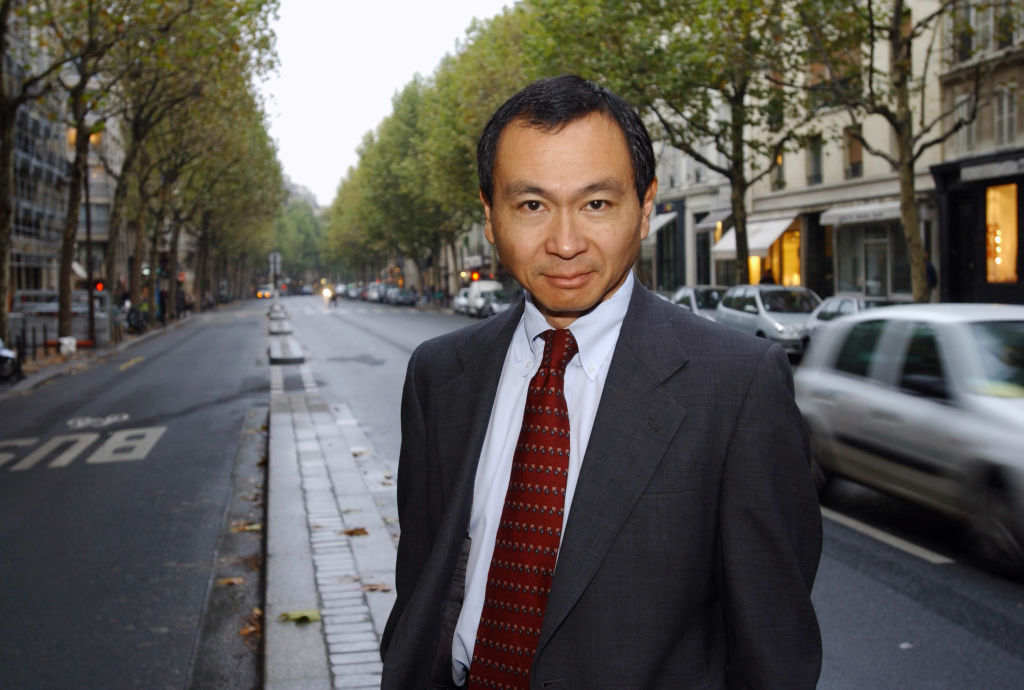How does Francis Fukuyama spend his time since he declared the end of history a few decades ago? Cockburn discovered the answer this week when he stumbled across the eminent political scientist’s Instagram profile.
Fukuyama’s posts, imbued with a powerful normcore dad energy, detail his interests in woodwork and various computer appliances.
Languidly browsing these pictures during lockdown, Cockburn couldn’t help but recall a passage from Fukuyama’s original 1989 essay: ‘The end of history will be a very sad time. The struggle for recognition, the willingness to risk one’s life for a purely abstract goal…will be replaced by economic calculation, the endless solving of technical problems, environmental concerns, and the satisfaction of sophisticated consumer demands.’
Is the author of these words, having a ‘very sad time’? Far from it. He appears to stave off the boredom of our shrunken historical horizons by making delightful furniture:
‘In the post-historical period,’ Fukuyama wrote, ‘there will be neither art nor philosophy, just the perpetual caretaking of the museum of human history.’ And, if you’re the author of Political Order and Political Decay, there will be chairs, lots of handcrafted chairs:
In a 2016 interview with AARP, Fukuyama explains the origin of his love of woodworking: ‘Because what I do for a living is so abstract, it’s really satisfying to create something tangible. Hand planing a surface to a mirror-like finish requires putting an edge sharper than a razor on a blade. It is a skill that I have yet to master and leaves me with a big objective still to accomplish in life.’
Dazzled as he is the furniture building, Cockburn maintains that the purest joys of Fukuyama’s ’gram come from learning about the author’s robust home computer set-up:
Such a set-up leaves Cockburn with one last question. Is Francis Fukuyama a gamer? The end of history may sadden us all with its prospect of ‘centuries of boredom ahead’, but as its greatest theorist shows, there are many ways of passing post-historical time.
Got a tip for Cockburn? Email cockburn@spectator.us.

























